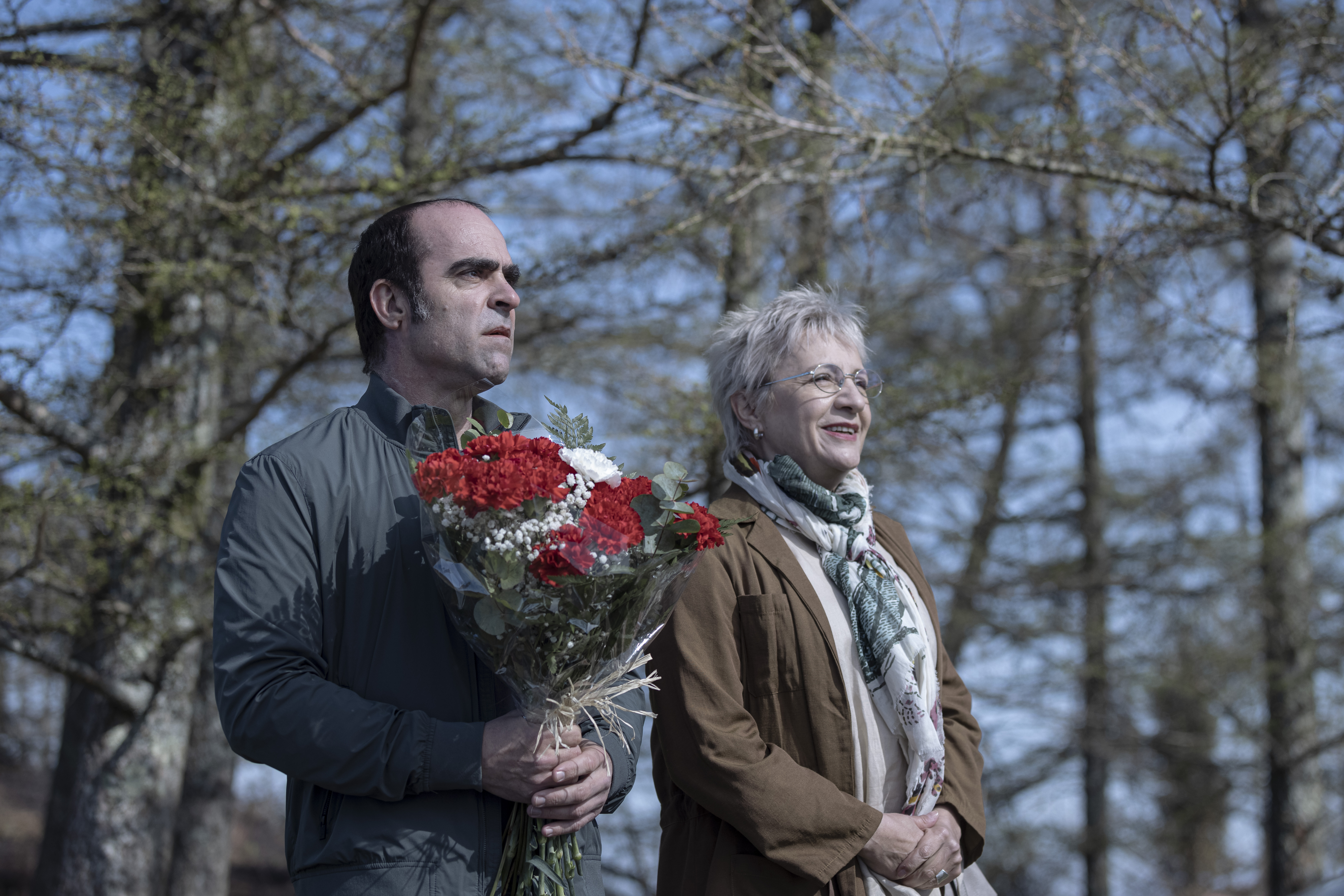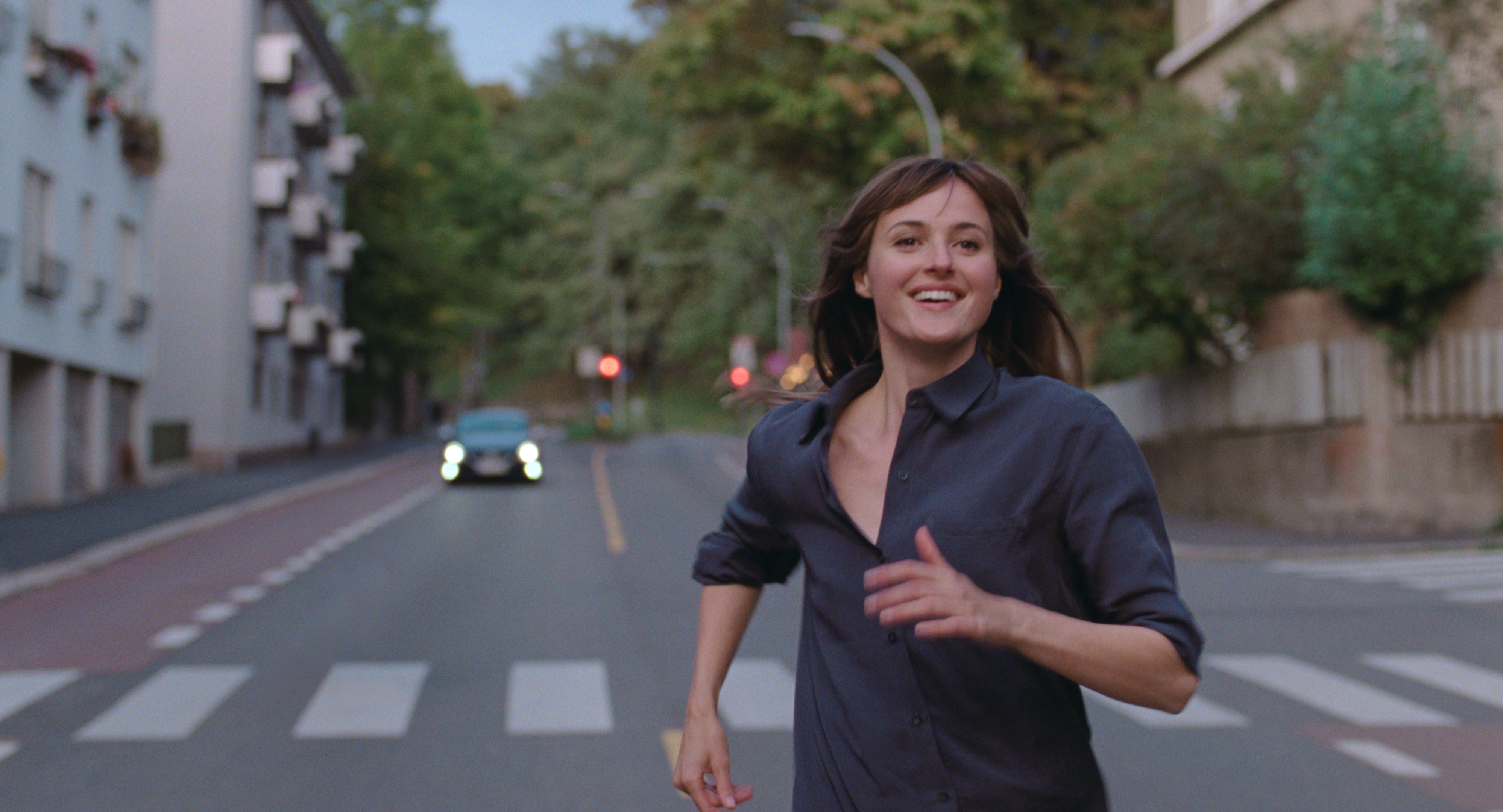Now Playing
Current DJ: Beatnik
Miramar Tu Peine from Entre Tus Flores (Ansonia) Add to Collection
Requests? 773-DJ-SONGS or .(JavaScript must be enabled to view this email address)

by Kyle Sanders
The "Women's Picture" is universal, yet I often question if Hollywood is really progressing in its depictions of female characters.
It's not just the lack of films featuring women over 30 or leading lady action stars (though that seems to be changing thanks to Marvel and the like), but there's often very little support behind films involving complex women in the spotlight: those "women of a certain age" who aren't just the vapid love interest or the villainous bitch, but have complicated dimensions that can inspire sympathy and disdain at the same time. That's why it's always refreshing to see several titles at the Chicago International Film Festival that center around women.
This year the festival mixes high profile titles like Spencer (an account of the tragic life of Princess Di) and Julia (a documentary about legendary cookbook author and TV personality Julia Child) with smaller fare like Bad Luck Banging or Loony Porn (a social satire about a female Bucharest school teacher whose graphic sex tape goes viral) and Wheel of Fortune and Fantasy (a trio of charming vignettes from Japan focused on three very different women). There are nearly 30 films at this year's fest about women, and all are worth our undivided attention.
The female character in Maixabel is the widow of a politician assassinated by the ETA, a terrorist group from Basque Country, at the very beginning of the film. Eleven years later, Maixabel (Blanca Portillo in a stand-out performance) receives a bizarre request from one of her husband's killers, who wants to meet in order to ask for her forgiveness.
Based on real events, this Spanish film from acclaimed female director Iciar Bollain chronicles an older woman's brave steps toward healing and overcoming grief, as well as finding redemption in the face of unspeakable violence.

Maixabel
The Worst Person in the World centers around a character that is the complete opposite. In an award-winning performance, Renate Reinsve (Best Actress winner at this year's Cannes Film Festival) portrays Julie, a woman nearing thirty whose existential mess of a life is suffocating in an environment pressuring her to settle down. It doesn't help that her live-in boyfriend is a successful graphic novelist in his mid-forties and eager to start a family.
Despite bright ambitions, her constant need to change course has squandered her talents and left her feeling frustrated. Until one night, she meets a charming young man at a wedding she crashes, who might provide new perspective in her life.
Will he be the answer that points her in the right direction? This Norwegian romantic comedy combines hope and tragedy in director Joachim Trier's final entry of his Oslo trilogy (following Reprise and Oslo, August 31).

The Worst Person In the World
Both women-centered films provide us a glimpse into the lives of two women at very different points in their life. At the start of Maixabel, our older protagonist's life comes crashing down, her husband killed for the sake of political fanaticism.
Her husband's assassins are eventually imprisoned for their crime but for Maixabel, justice doesn't bring her husband back. She channels that grief into honoring her fallen husband, holding annual memorials to salute his name and what he stood for.
When one of the killers asks to meet with her to offer an apology, Maixabel is taken aback by such a request. Refusing an apology seems like the obvious response, but after living a life as the spouse of a political player, under constant danger and threats, Maixabel finds the courage to not only forgive, but recover a piece of herself as well.
Julie of The Worse Person in the World begins the film on a path to success, but buckles under the fear of getting pigeonholed, wanting to "find herself" by continually chasing change in her life. But the freedoms of youth and disregard soon outrun her, and the answer to what she's been chasing fades out of her view.
She's spent her adulthood wasting time worrying about what "could" happen without seeing anything through, unable to face a challenge when things get tough. Running away from her problems eventually catches up to her, and it's at that moment when she finds herself at a standstill, ready to choose which path her life will take next.
The Women-Centered films of the Chicago International Film Festival offer all sorts of female-centric stories from around the world. Incredibly crafted and impeccably performed, these international titles showcase women as imperfect and lost, but not incapable of change or absolution. In other words, they're simply films about the struggles and challenges of being human.
The Chicago International Film Festival runs October 13 - 24. For more information, check out chicagofilmfestival.com and follow @chifilmfest for other updates!
Next entry: Chicago International Film Festival Highlight: “The French Dispatch”
Previous entry: Midnight Madness!: The Chicago International Film Festival Gets Freaky After Dark